This Will Never Work (2026) – Review and Summary
This Will Never Work is a top-tier family dramedy that knows how to keep the energy going without devolving into just being messy.
From the Montclair Film Festival in New Jersey, New York’s NewFest, Tribeca Film Festival, and Urban World Film Festival, to the famed Sundance Film Festival, here you’ll find our film festival coverage (which contains movies, shorts, and episodic content).
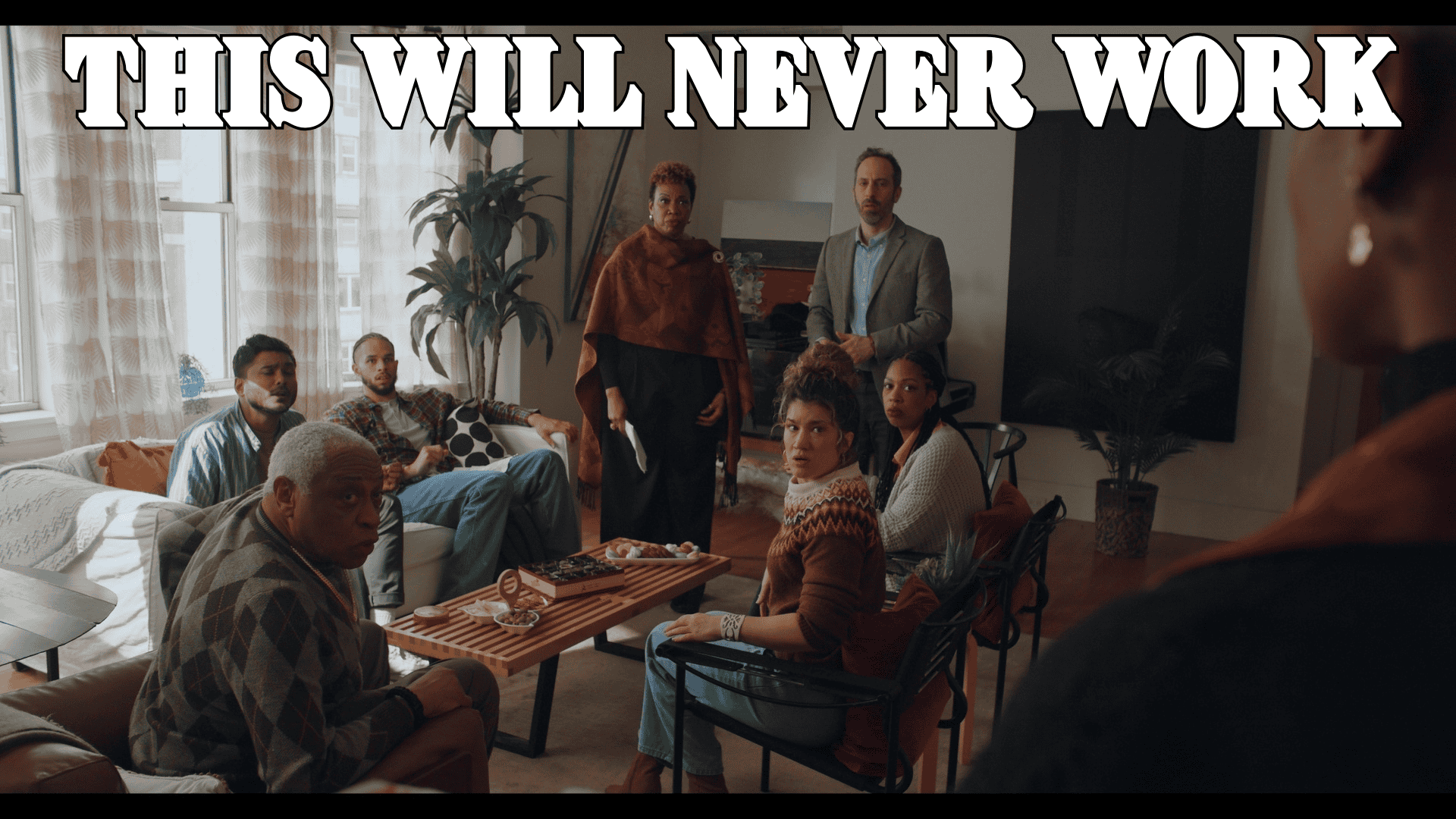
This Will Never Work is a top-tier family dramedy that knows how to keep the energy going without devolving into just being messy.
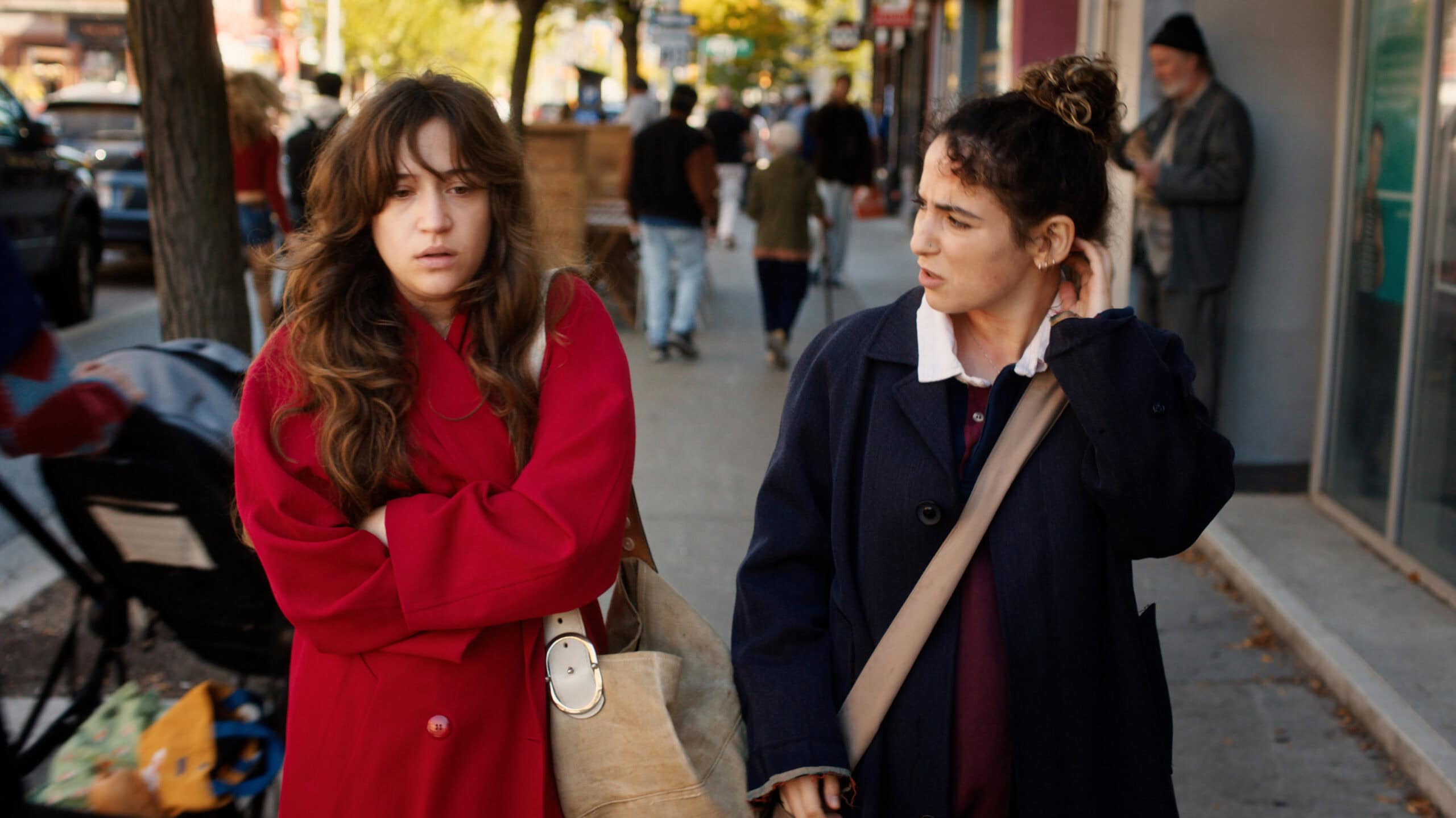
Worried reminds you of when Comedy Central had scripted programming and makes you dearly wish they would bring that back.
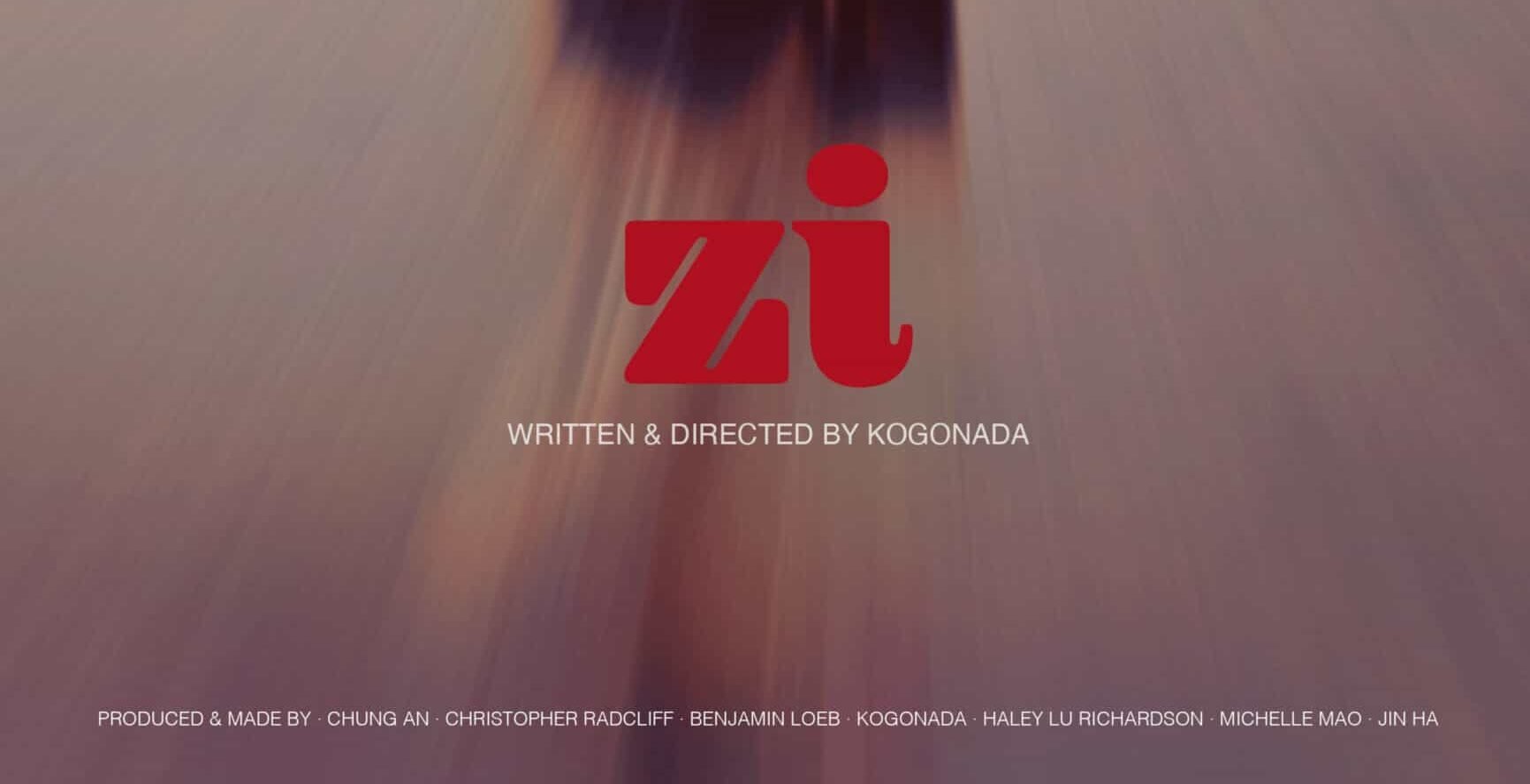
Like most Kogonada movies, Zi is for select audiences, and while visually sometimes like a fever dream, the characters and dialogue can be as blurry as the title character’s future.
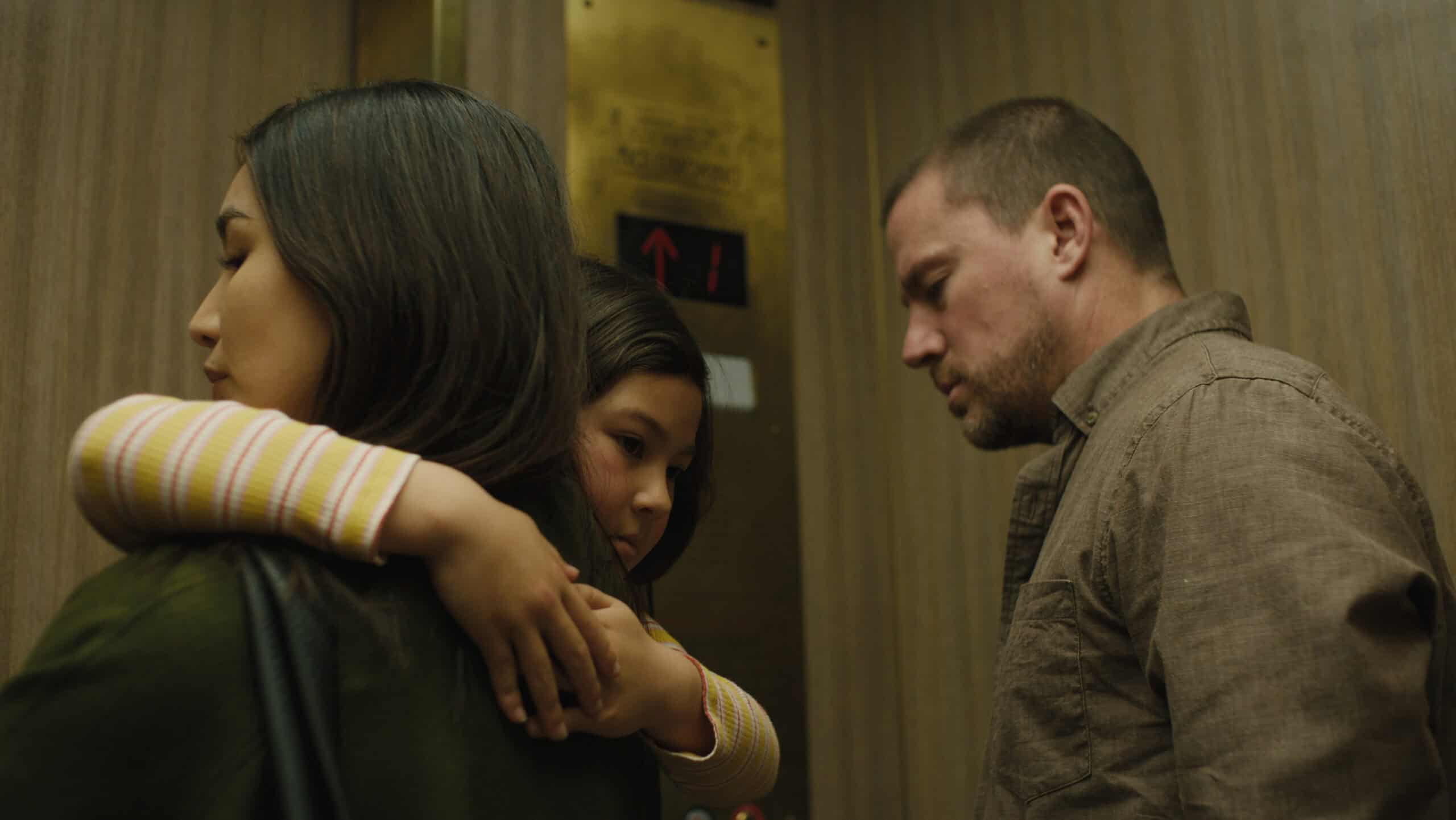
Josephine is a heavy film in which its child lead actress, Mason Reeves, surprisingly carries the load well.

If I Go Will They Miss Me is a layered question as a young man is tasked with not only being physically present, but really there for his wife and kids.
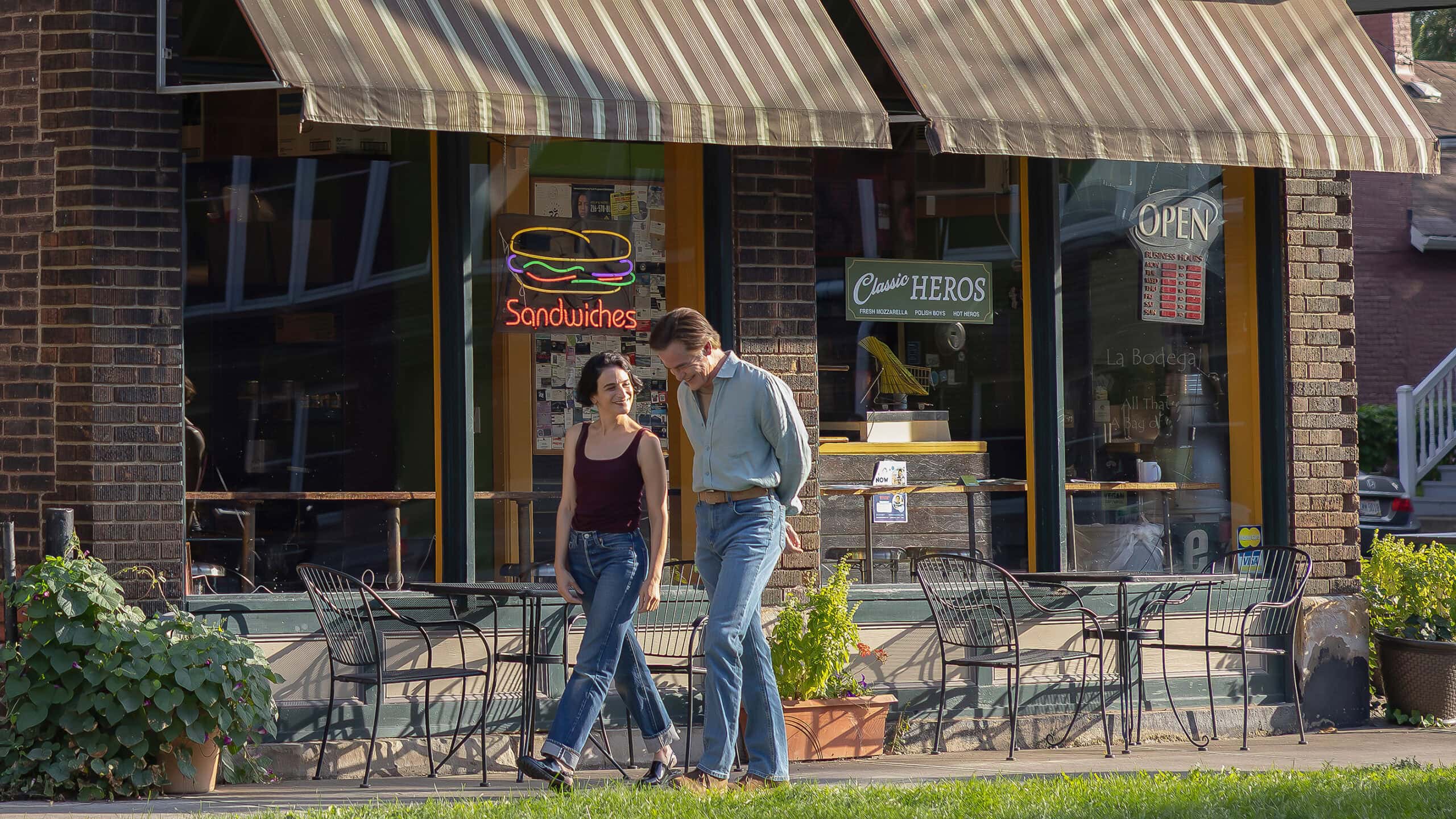
Like a carousel, the movie Carousel is fun at first, but eventually will have you develop a headache.
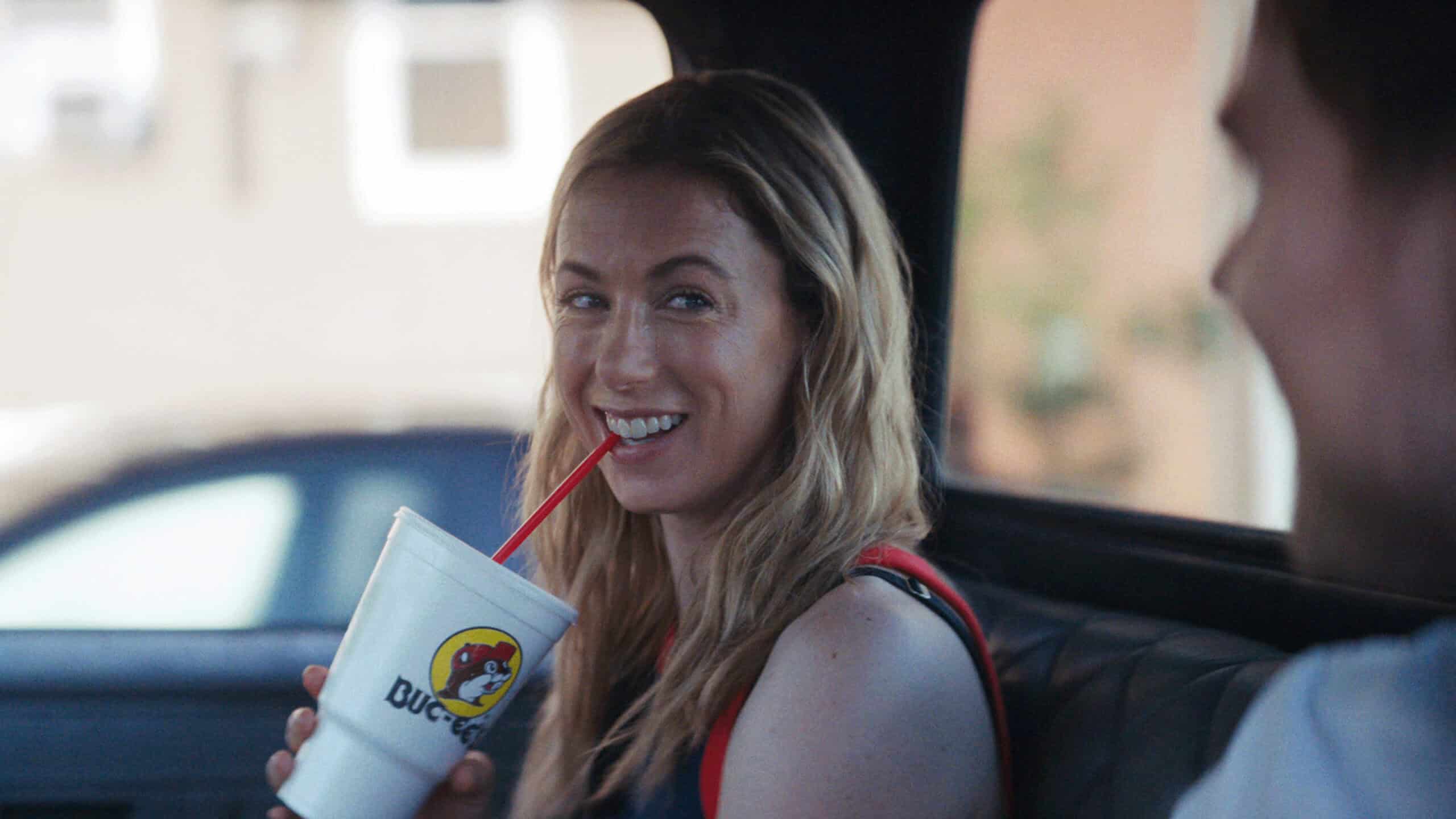
Iliza Shlesinger takes on her first leading role in a more serious film, but does she do as most comics and show she has the knack for a bit of drama, or falls face-first?
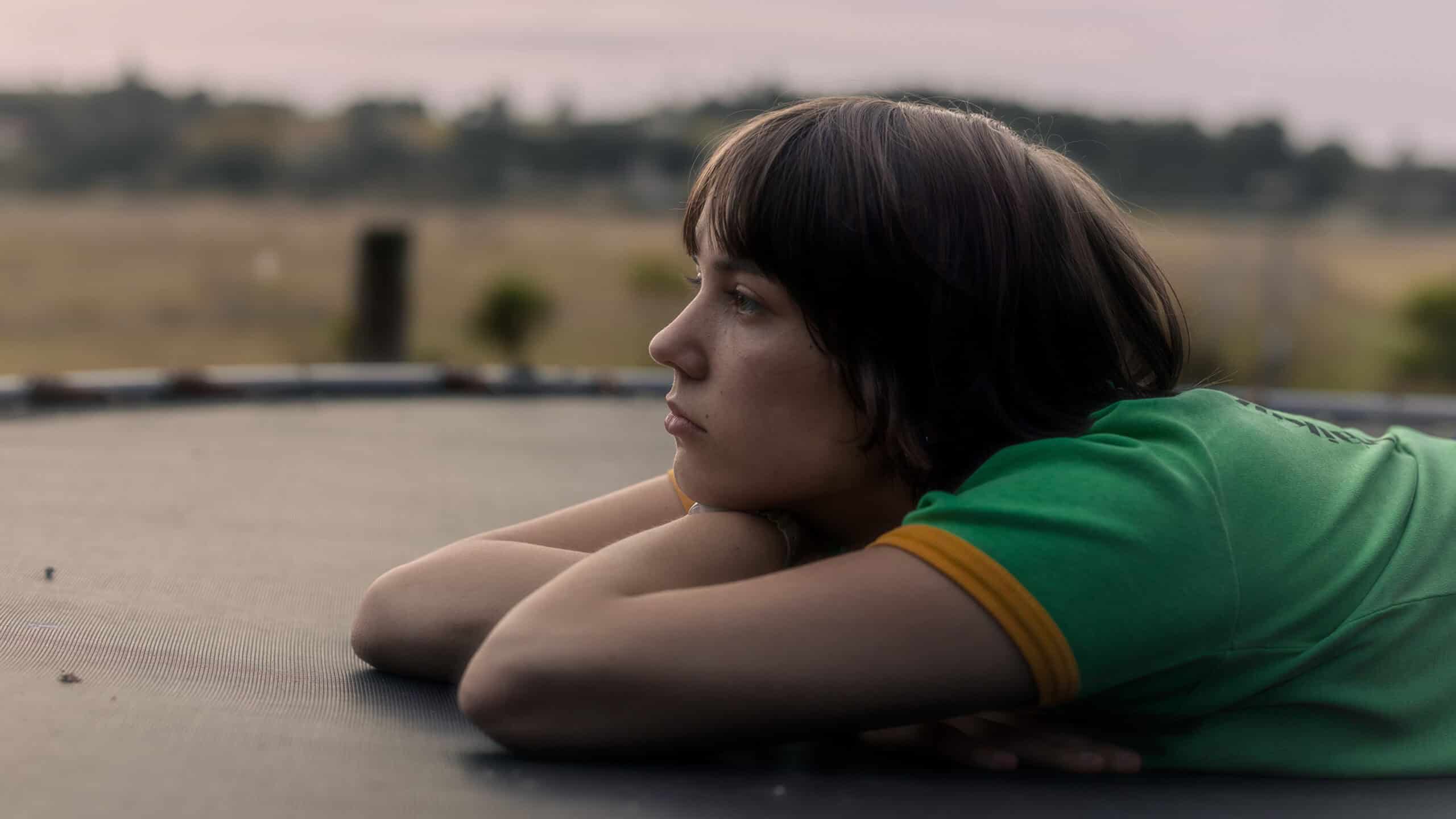
Every teenager cries for freedom, but do you also hear the silent screech for belonging as well?
![Run Amok (2026) – Review and Summary [Sundance]](https://wherever-i-look.com/wp-content/uploads/2026/01/Meg-Alyssa-Marvin-Run-Amok-2026-scaled.jpg)
How does a school evolve, or devolve, ten years after a school shooting? Never mind, what is the most appropriate way to ask the daughter of a victim to process it all?
![Bedford Park (2026) – Review and Summary [Sundance]](https://wherever-i-look.com/wp-content/uploads/2026/01/Eli-Son-Sukku-and-Audrey-Moon-Choi-Bedford-Park-scaled.jpg)
What if there was only a 5% chance you’d find the perfect person for you, and you met at the least perfect time of your lives?